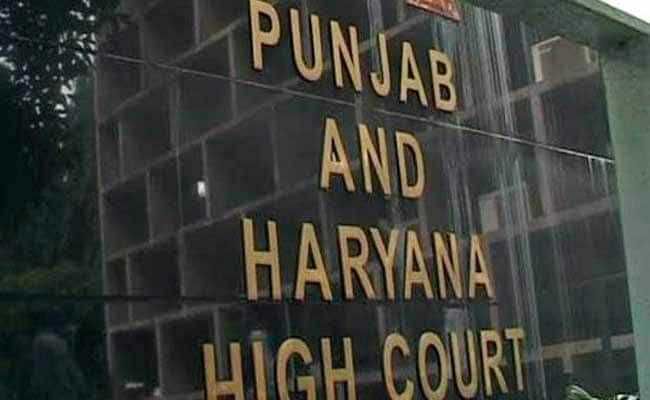
Saurabh Malik
Chandigarh, February 13
The Punjab and Haryana High Court has asserted that a legal system’s ultimate aim, objective and goal is to reconcile social conflicts. While parties had complete liberty to compromise on civil disputes, due regard was required to be given to their wishes in criminal matters as well.
What the court said
Except grave offences, there is every reason that all other offences should be permitted to be compromised by the court. Justice Sandeep Moudgil
The assertion came as Justice Sandeep Moudgil quashed, on the basis of a compromise, an abetment-to-suicide case registered on July 21, 2020, under Sections 306 and 34 of the IPC at the Jalandhar Division No. 2 police station.
Justice Moudgil asserted that the court normally would not have entertained a plea for quashing an offence punishable under Section 306, but deemed it appropriate to give the matter “judicious consideration” as the facts and circumstances were peculiar.
Justice Moudgil, during the course of the hearing, was told that the victim’s marriage with one of the petitioners was solemnised in December 2019, but it was not disclosed to the bride’s father and brother. She went to Australia for studies in January 2020. Learning about their marriage later, the bride’s kin threatened and harassed the victim. She then did not keep any contact with him and his family. He got depressed and was found dead on July 2, 2020.
Justice Moudgil asserted that the essential ingredients for making an accused liable under Section 306 included a clear mens rea or intention to commit the offence and an active or direct act leading to suicide. “The act must have been intended to push the deceased into such a position that he commits suicide and the instigation must be immediately preceding the step of committing suicide,” he said.
Referring to the case, Justice Moudgil asserted that Section 306 was based on public policy principle that nobody should involve himself in, instigate or aid the commission of a crime. The suicide was committed four days after the alleged threat and harassment by the petitioners, indicating that it was not a direct result of it. Also, the note was not clear. The case did not fall within the four corners of the essential ingredients, making the accused-petitioners liable for conviction.
Join Whatsapp Channel of The Tribune for latest updates.




























